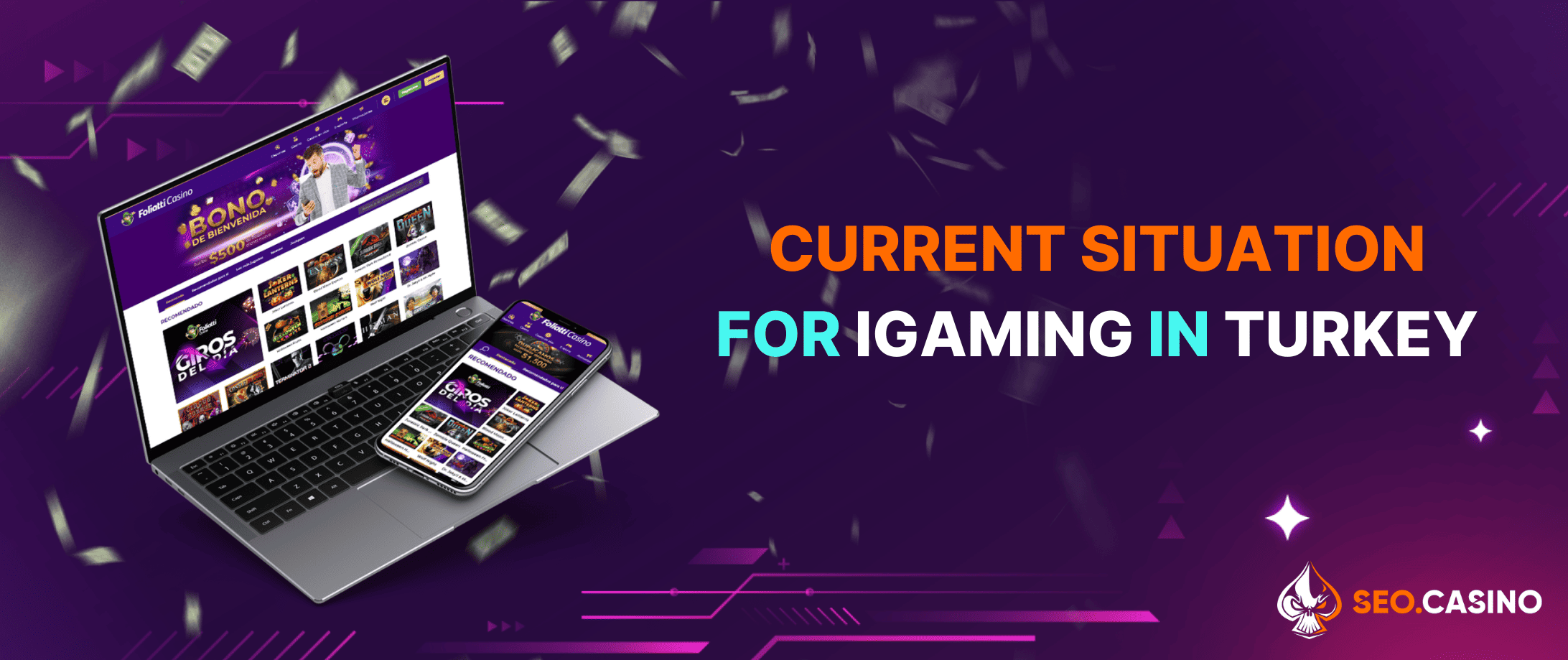
Curious about is gambling legal in Turkey? The country’s gambling scene is a tough nut to crack, with strict rules banning online casinos and most private gambling in Turkey. For international iGaming operators, this creates a maze of challenges, but there’s still a path forward. Those who play by the rules can tap into a stable market, potentially partnering with state-backed groups like IDDAA. With a huge, young population, a growing economy, and a clear hunger for betting in Turkey, the market’s got plenty of potential for those ready to navigate its complexities.
Getting a foothold here isn’t simple. The government keeps a tight leash on sports betting in Turkey, making it hard for foreign brands to compete freely, and that’s not changing anytime soon. Success means tackling these hurdles and weighing risks carefully. Below, we unpack the challenges, opportunities, and regulations shaping Turkey’s tightly controlled gambling world.
History of Gambling in Turkey
The roots of gambling in Turkey run deep, shaped by culture, society, and shifting laws. In Ottoman times, workers and soldiers enjoyed casual dice games and early versions of backgammon, while the elite bet on horse races in grand arenas, setting the stage for today’s regulated racing scene. By the 20th century, card games like Pisti and Batak were staples in social spots, weaving gambling in Turkey into everyday life.
A big shift hit in 1984 when horse racing betting was legalized, bringing order to a once-casual pastime. Casinos got the green light in 1990, sparking a brief boom, but it crashed in 1998 after social pushback and the murder of casino magnate Ömer Lütfü Topal. This led to a nationwide casino ban, pushing operators to the Turkish Republic of Northern Cyprus (TRNC), where rules were looser. Even with the crackdown, the appetite for betting in Turkey stayed strong, leading the state to launch IDDAA in 2004 and regulate online betting in 2006, creating a controlled but lively gambling culture.

Relevant Legislation and Legal Framework
So, is gambling illegal in Turkey? Not entirely, but it’s heavily restricted to state-run operations, with no room for traditional casino games. The legal gambling scene covers three areas:
Sports Betting in Turkey
Fully controlled by IDDAA, overseen by the Ministry of Sports and Spor Toto Association. Football is king, with top clubs like Galatasaray, Fenerbahçe, and Beşiktaş shining on international stages. Basketball’s also a major draw, with strong teams in local and global leagues.
Horse Racing
Managed by the Ministry of Agriculture and the Turkish Jockey Club.
Lotteries and Social Games
Handled by the Ministry of Finance and the National Lottery Administration (Milli Piyango İdaresi).
The Turkish Criminal Code bans real-money card and dice games like poker or blackjack. Slot machines and roulette are also off-limits under specific laws targeting gaming machines. Online betting in Turkey is governed by electronic communications and anti-money laundering regulations. Breaking these rules brings harsh penalties, including property seizures for illegal casino operators, as outlined in the Turkish Criminal Code and Misdemeanors Law.
The Current Situation for iGaming in Turkey

Since the early 2000s, gambling in Turkey has been limited to state-controlled activities like the national lottery, horse racing, and IDDAA’s sports betting. Yet, Turkish players still flock to international online gambling sites, showing strong demand. The legal system remains strict, favoring state monopolies, but the pull of betting in Turkey is undeniable.
For operators, opportunities lie in teaming up with state-approved groups like IDDAA or the national lottery, where demand runs high. Those who follow the rules get a stable setup with clear guidelines and a chance to work with state entities for secure, regulated services. Down the road, aligning with international standards might loosen restrictions, but don’t expect quick shifts. Operators who jump in early, stay compliant, and build local ties could be in prime position if the market opens up.
Essential Requirements for Private International Operators in Turkey
Local Setup
Capital Requirements
Local Partnerships
Data Rules
Anti-Money Laundering
Corporate Oversight
Opportunities and Future Outlook
Turkey’s online gambling market is brimming with potential, driven by a population over 85 million, with 70% under 50 and tech-savvy.
- The love for sports, especially football and basketball, makes betting in Turkey a goldmine;
- Forecasts suggest a 9% annual growth rate from 2023 to 2028, with the market possibly hitting US$2 billion by 2028;
- Compliant operators benefit from a structured system, and local partnerships unlock access to this growing scene.
- Legal expert Alican Babalioglu notes, “Turkey’s digital surge is setting the stage for a vibrant iGaming market, with big rewards for early players.”
- Rising mobile access and tech advancements fuel growth, though strict licensing and financial rules pose challenges.
Looking ahead, a shift toward international regulations could open the market further, making it more appealing for global operators. Those who invest in compliance and local know-how now will be ready to capitalize as the market evolves.
Conclusion
Turkey’s gambling laws are some of the toughest around, with a blanket ban on casinos, state control over sports betting in Turkey and lotteries, and tight oversight of online gambling in Turkey. The government prioritizes public values over economic or entertainment benefits, cracking down hard on illegal activities. Global trends toward regulated online gambling won’t likely sway Turkey’s stance soon. For operators tackling this complex market, expert guidance is crucial.
SEO.Casino offers customized strategies to promote your gambling projects and online casinos. We’re always open to collaboration and ready to help you right now!







